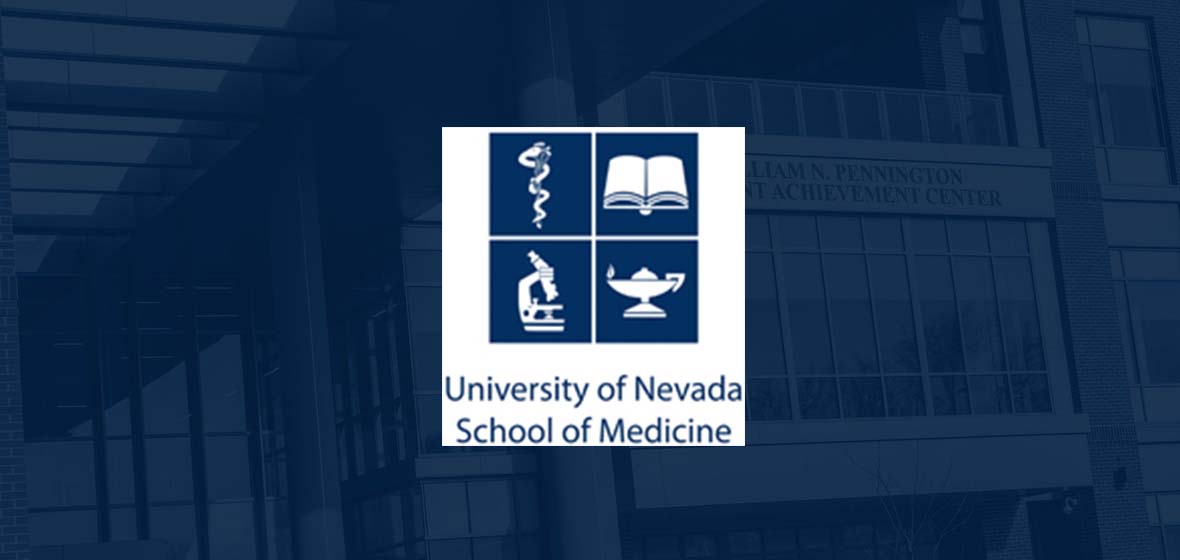The University of Nevada School of Medicine's Patient-Centered Family Medicine Clinic recently celebrated its first anniversary as a primary care practice located in the heart of the University campus. The practice, co-located with Nevada Physical Therapy in the University's sports medicine complex just across from the Lombardi Recreation Center, is accepting new patients.
"Our primary goal is to give patients the best possible medical care by building a trusting partnership between you as an informed patient, our providers and the health care team. The center of the team is you, the patient," said Daniel Spogen, M.D., chair of School of Medicine's Department of Family and Community Medicine, who initiated the Patient-Centered Family Medicine model. This model seeks to improve primary care for patients by focusing on health care delivery that organizes medical care around the patient, works in teams and coordinates and tracks care over time.
This team approach involves physicians and nurse practitioners overseeing and directing patients' health care by following embedded medical guidelines for chronic disease management as well as preventative care. Other health care professionals including nurses, nurse practitioners, dieticians and physical therapists will work together with physicians to provide care that is coordinated and sensitive to patient needs.
This new system of health care delivery keeps the Patient-Centered Family Medicine clinic up-to-date on changing guidelines for patients' health care. Clinic staff will take the initiative to call patients to make appointments for routine preventative care such as blood pressure checks, lab work, gynecological exams and well-baby care. For additional convenience, the clinic can accommodate a limited number of same-day appointments.
"Until now, the patient had to remember to make an appointment to come in for care. We are taking some of that pressure off to remember those things," Spogen said. He added that the Patient Centered Family Medicine delivery method empowers patients with additional tools like web-site referrals for patient education materials on topics of interest ranging from diabetes and hypertension to nutrition.
"The patient with the proper education can participate in their health care. Patients armed with that information tend to make better health care decisions," Spogen said. Other patient resources, including small group roundtable group visits centered on a particular condition and webcam chats between patients and providers, are also planned for the near future. Medical advice and care is offered to patients 24/7 by calling (775) 682-8200.












